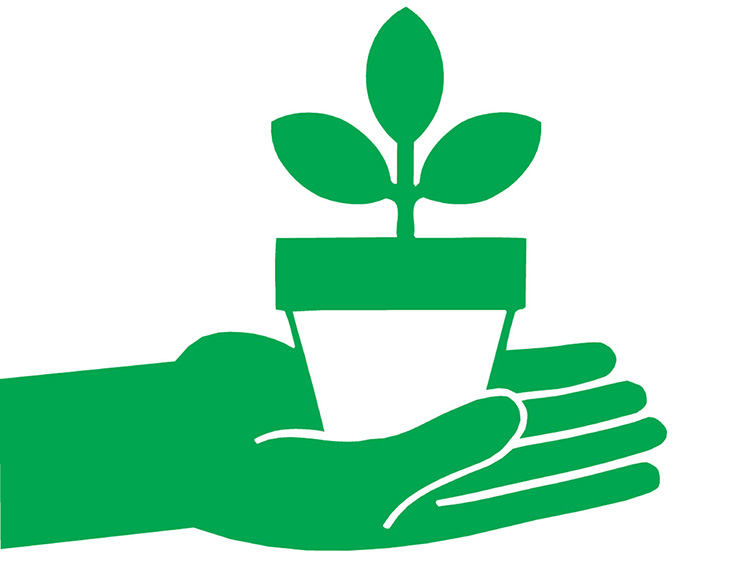
By Mary Jane Frogge, Extension Associate in Lancaster County
Use bark mulch, like cedar, around young trees to protect them from lawn mower damage.
Weed removal is important for many reasons. It conserves moisture and nutrients in the soil and helps prevent the spread of disease and insects.
For fall harvest of lettuce, radish, carrots, beets, turnips, kale and spinach, sow seeds in late July to early August.
Check the soil moisture of container grown vegetables and flowers daily. As the temperature rises, some plants may need water twice a day.
A brown or grayish cast over a lawn can be caused by a dull or improperly adjusted mower blades that shred grass rather than cut it.
Cutting flowers is best done with sharp shears or a knife which will help avoid injury to the growing plant. A slanting cut will expose a larger absorbing surface to water and will prevent the base of the stem from resting on the bottom of the vase. It is best to carry a bucket of water to the garden for collecting flowers, rather than a basket.
Tall flowers should be staked to prevent damage by wind. Use stakes which are large enough to support the plant but not too conspicuous. Use soft twine or twist ties to secure.
Store pesticides in a safe place in their original containers, away from children and pets. Use pesticides carefully in your garden. Read the labels and follow the directions. The warnings and precautions are for your protection.
Certain pesticides have a waiting period of several days between the time of the last spray and harvest. Read and follow directions on all labels before applying to your vegetable or fruit crops. Wash all produce thoroughly before eating.
Leftover vegetable and flower seeds may be stored in a cool, dry location to save for planting next year.
Start a gardening notebook. Keep all your gardening records in this one location.